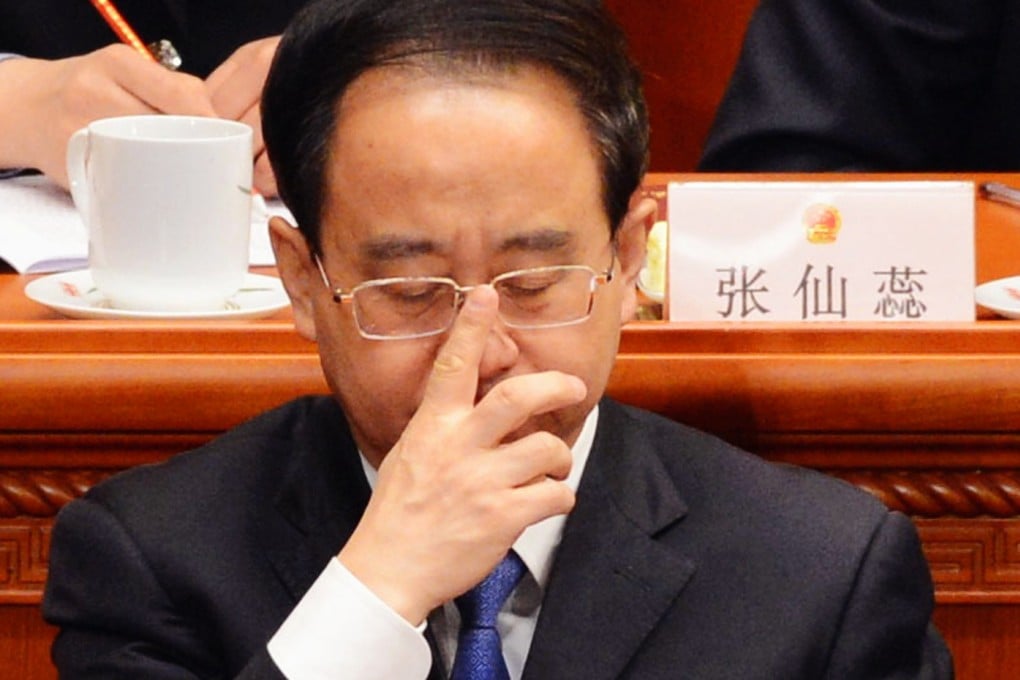A question of secrets: what did former rising Chinese political star Ling Jihua do wrong?

It should have been a full stop to the high-profile case but the release late on Monday of the results of an internal investigation into a former presidential aide only raised more questions about his alleged crimes, analysts said.
Ling Jihua, 58, retired president Hu Jintao's former chief of staff, was accused of six violations of law and Communist Party discipline, including taking bribes, adultery and illegally acquiring a large number of "core secrets" of the state and party, according to a Politburo statement put out by Xinhua.
The accusation that Ling illegally obtained the secrets surprised some observers, who said he was supposedly entitled to access to the information.
"If someone holding that office did not maintain regular access to state secrets, he or she would not be doing the job properly," said Steve Tsang, head of the University of Nottingham's School of Contemporary Chinese Studies. "The real allegation against Ling here is therefore that he had gained access to and kept 'the wrong kind of secrets'."
The real allegation against Ling here is therefore that he had gained access to and kept 'the wrong kind of secrets'
But Ma Changsheng, a former criminal law professor at Hunan Normal University, said Ling's party rank and position limited his access to confidential information. "Although he was Hu's top aide, technically he was only helping with party affairs and distributing information. His position didn't entitle him to access, for example, military secrets."
State-run China News Service said that unlike former security tsar Zhou Yongkang, Ling was not accused of leaking secrets. But his crimes were serious due to the "large amount" and "core" nature of the information.